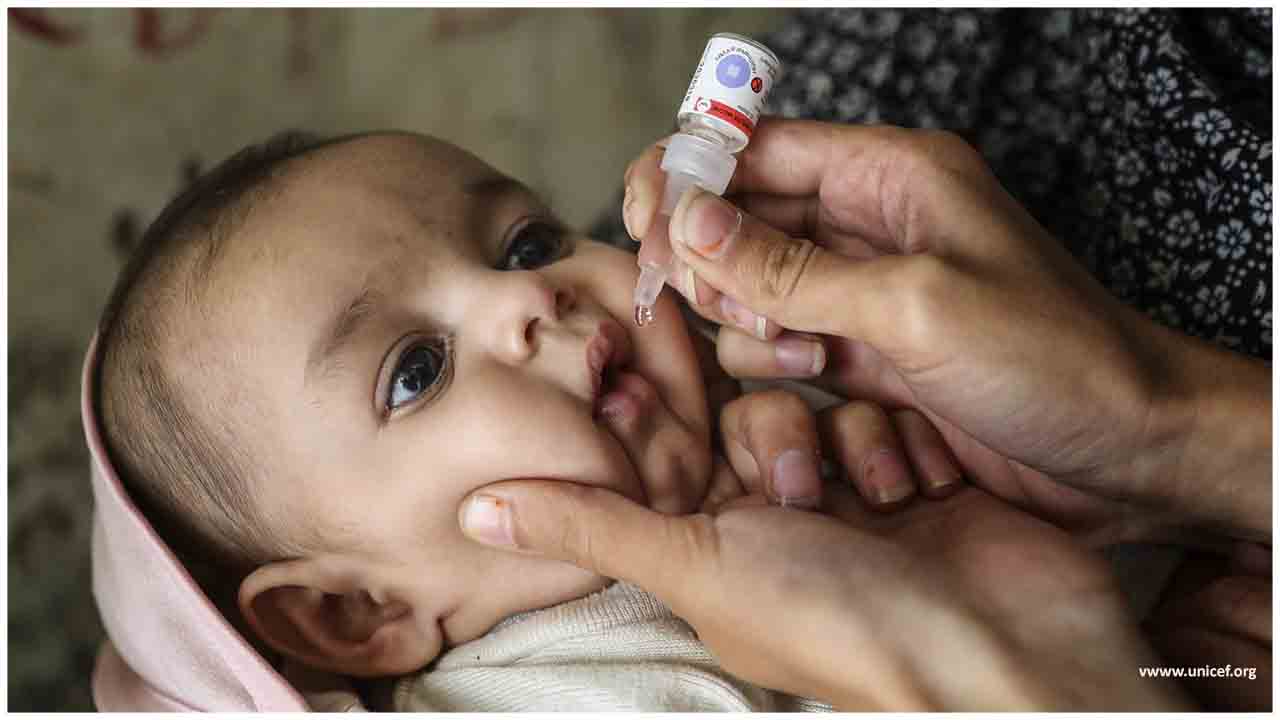The UN's World Health Organization (WHO) on Tuesday proclaimed that Africa was presently liberated from the infection that causes polio, a milestone in a long term crusade to destroy the infamous ailment around the globe.
"Today is a memorable day for Africa," said Prof. Rose Gana Fomban Leke, whose commission guaranteed that no cases had happened on the landmass for as long as four years, the edge for the destruction of poliovirus.
Poliovirus presently joins smallpox in the rundown of infections that have been cleared out in Africa, the WHO said.
Since 1996, destruction endeavors "have forestalled up to 1.8 million youngsters from devastating long-lasting loss of motion and spared roughly 180,000 carries on with," the organization said.
Poliomyelitis - the clinical term for polio - is an intensely irresistible and infectious infection that assaults the spinal line and causes irreversible loss of motion in kids.
It was endemic around the globe until an antibody was found during the 1950s, however, this stayed far off for some more unfortunate nations in Asia and Africa.
In 1988, when the WHO, UNICEF, and Rotary propelled the overall crusade to annihilate the malady, there were 350,000 cases comprehensively. In 1996, there were more than 70,000 cases in Africa alone.
Because of a worldwide exertion and money related sponsorship - some $19 billion more than 30 years - just Afghanistan and Pakistan have recorded cases this year: 87 altogether.
Poliovirus is normally spread in the dung of a tainted individual and is gotten through defiled water or food.
Inoculating individuals to keep them from turning out to be contaminated accordingly breaks the pattern of transmission and inevitably kills the infection in nature.
The last instance of polio in Africa was distinguished in 2016 in Nigeria, where inoculation endeavors had been hampered by Boko Haram jihadists.
Over 20 laborers engaged with the crusade lost their lives.
"This is a groundbreaking achievement for Africa. Presently people in the future of African youngsters can live liberated from wild polio," said Matshidiso Moeti, the WHO's local chief for Africa.
"This memorable accomplishment was just conceivable gratitude to the authority and responsibility of governments, networks, worldwide polio destruction accomplices, and altruists," Moeti said.
I honor the cutting edge wellbeing laborers and vaccinators, some of whom lost their lives, for this respectable motivation."

 Today is a historic day for Africa," said Professor Rose Gana Fomban Leke, whose commission certified that no cases had occurred on the continent
Today is a historic day for Africa," said Professor Rose Gana Fomban Leke, whose commission certified that no cases had occurred on the continent 




.jpeg)

.jpeg)
.jpeg)
.jpeg)
.jpeg)
.jpeg)
.jpeg)
.jpeg)






.jpeg)

.jpeg)
.jpeg)







.jpg)

